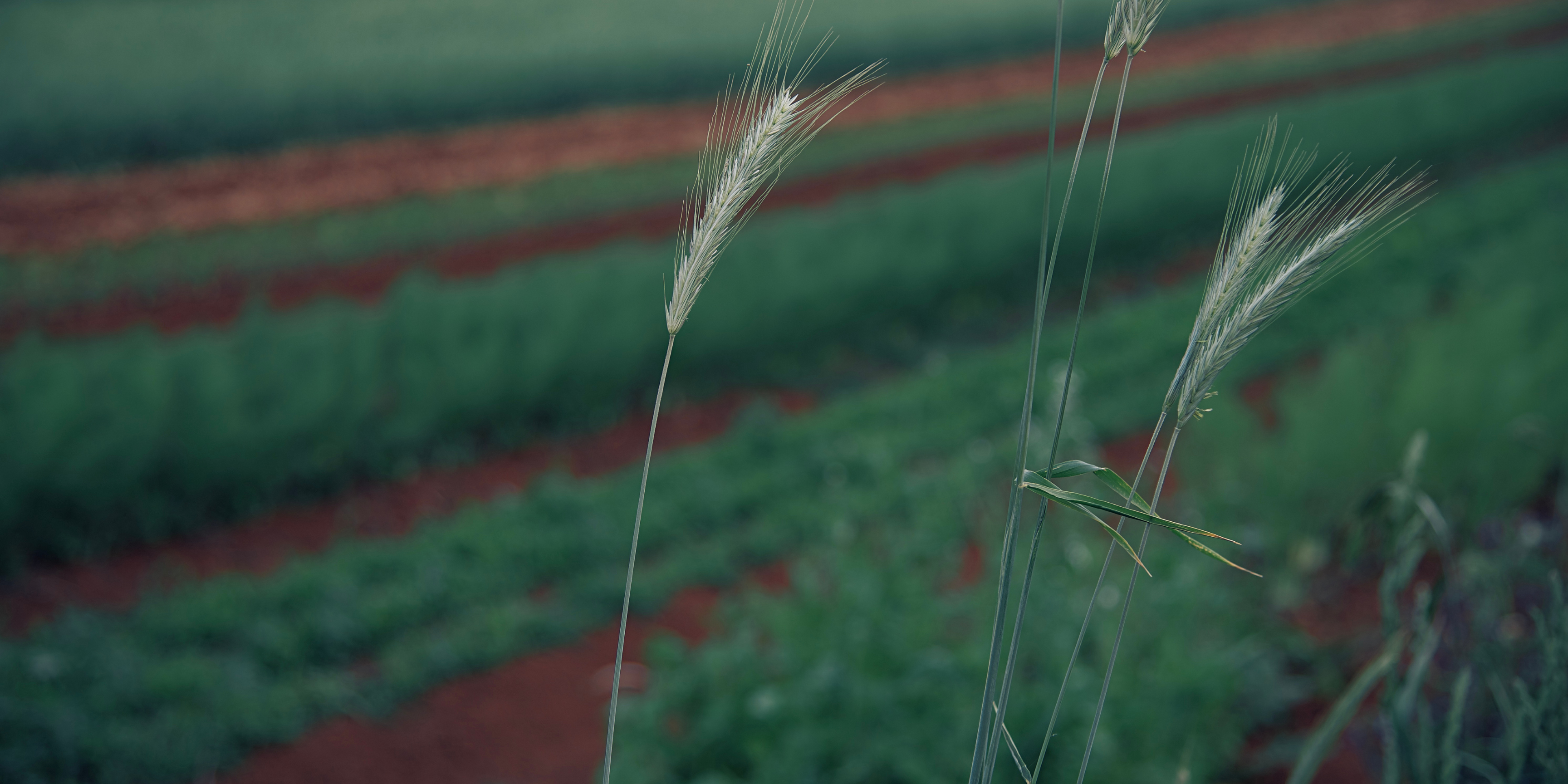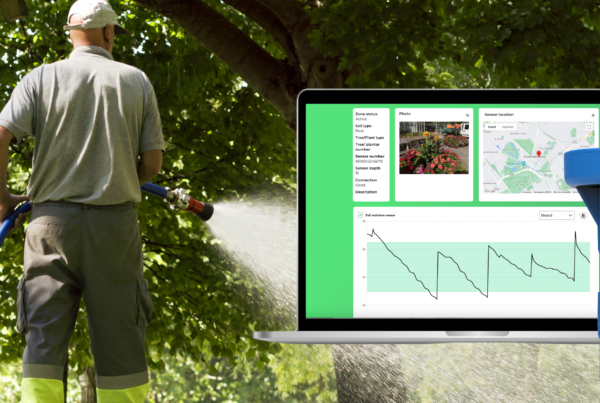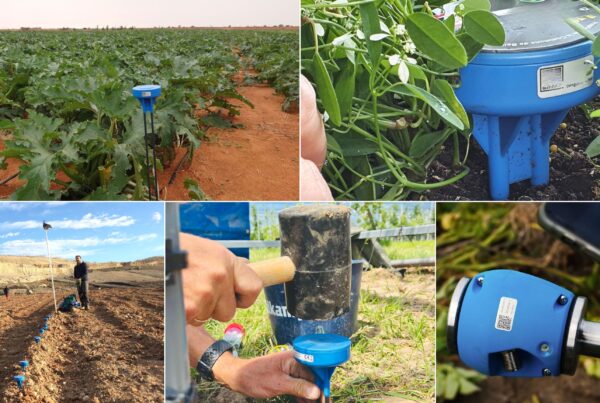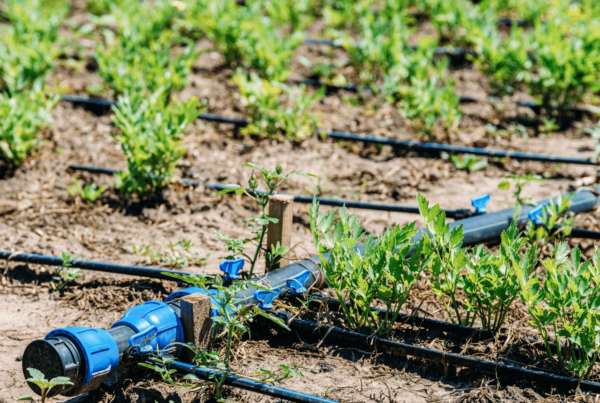In the vast realm of agriculture, a fundamental distinction separates thriving soil from lifeless dirt. Soil teems with vitality, a rich blend of organic and inorganic matter, housing vital minerals, microorganisms, earthworms, and various elements indispensable for nurturing plant growth. In stark contrast, dirt represents a barren and desolate landscape, bereft of the crucial components that sustain life.
The significance of healthy, nutrient-rich soil cannot be overstated. It serves as the bedrock for nourishing both humans and livestock. However, a global crisis unfolds as soils face a myriad of challenges, stemming from tilling practices, improper chemical usage, and heedless planting and grazing. Many of our precious soils stand on the precipice, dangerously close to transforming into lifeless dirt.
Jaw-dropping statistics lay bare the extent of this alarming scenario: research reveals that soils have hemorrhaged a staggering 50% to 70% of their original carbon stock. Most of this precious carbon has been recklessly released into the atmosphere as carbon dioxide, a potent driver of climate change. The consequences are dire, as scientists caution that we have a mere 60 harvests left before the soil’s depletion becomes too severe to sustain our growing global population.
Traditional farming practices have played a significant role in steering us toward this precipice, pushing the limits of soil health to their breaking point. It is evident that conventional methods are no longer sufficient to ensure the longevity of soil health. The paradigm must shift, and regenerative farming is emerging as the solution. This innovative and sustainable approach embraces diversified production methods, including intercropping, managed grazing, and agroforestry, to enhance and restore soil health, water quality, and biodiversity.
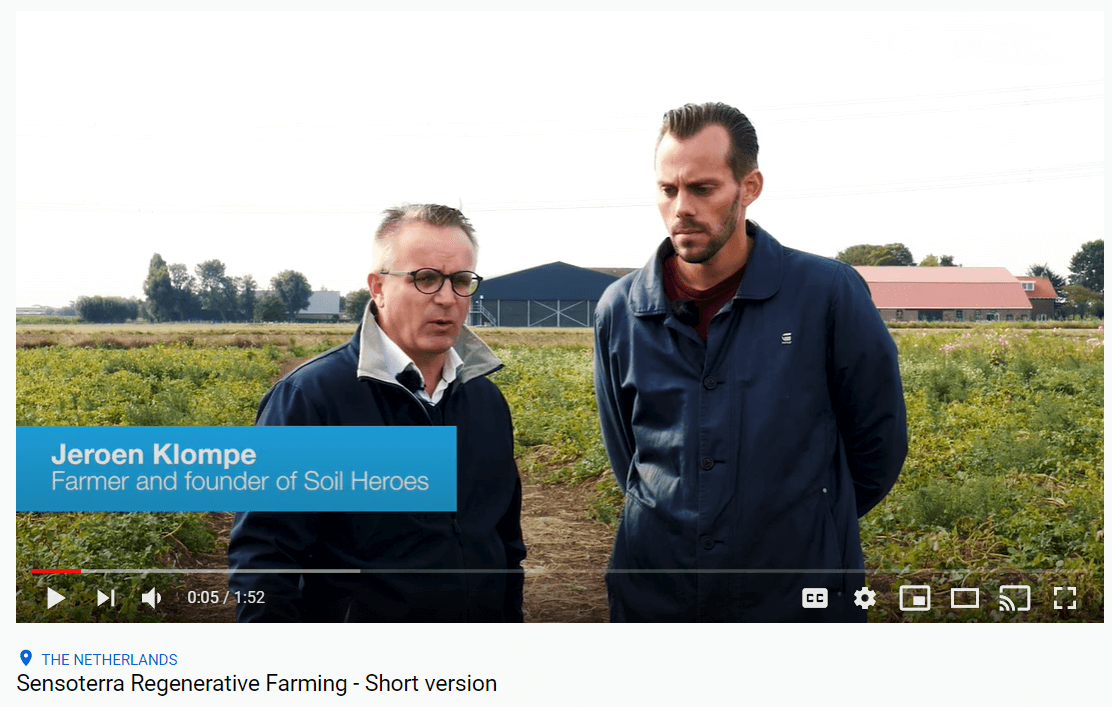
Regenerative agriculture offers more than just a climate change solution; it also significantly boosts crop yields. By drawing carbon from the atmosphere and returning it to the soil, regenerative practices create a nurturing environment where plants flourish, natural pest control strengthens, and biodiversity thrives. This harmonious coexistence of nature and agriculture points the way forward.
However, regenerative farming is not merely a revival of traditional practices—it integrates modern technology to ensure precise control over field variables. This technology-driven evolution plays a pivotal role in the success of regenerative farming. It acts as an additional layer, offering a comprehensive suite of tools, from smart moisture sensors to drones and advanced field geomapping techniques. Technology is the linchpin that is reshaping the landscape of modern agriculture.
Leading this transformative charge is Sensoterra, the preeminent Dutch authority in soil moisture sensing. Sensoterra’s soil moisture sensors empower growers to unravel the intricate water requirements of their soil within the active root zone. This cutting-edge approach minimizes the risk of misinterpretation inherent in traditional techniques and is instrumental in mitigating issues linked to over- and under-irrigation. The result is healthier plants, robust root systems, optimal yields, and a significant reduction in the need for fertilizers and pesticides. It is a monumental stride towards feeding our burgeoning global population while preserving our precious environment.
A tangible example of this agricultural revolution is the partnership between Soil Heroes and Sensoterra. Their collaboration pioneers the deployment of soil moisture sensors in regenerative potato crops to harness the full potential of data. The data is harnessed to make well-informed decisions about irrigation and field management. Sensoterra’s sensors are seamlessly integrated into Soil Heroes’ monitoring system, which amalgamates data from diverse sources, encompassing satellite, drone, and ground measurements, as well as invaluable insights from farmers. This sophisticated system faithfully captures and presents precise data on ecosystem services per hectare, ensuring the practice of sustainable and productive farming.
This three-year partnership between Soil Heroes and Sensoterra marks a proactive strategy to safeguard crop yield and preserve soil health. It is an embodiment of our commitment to securing a future characterized by shifting climates, growing populations, and the increasing demand for food production. Through this innovative approach, we are not only ensuring a bountiful harvest but also nurturing a healthier planet.
About Sensoterra
Sensoterra is a pioneering leader in the field of wireless soil moisture sensors, offering cutting-edge IoT soil moisture sensor solutions for smart agriculture. Our state-of-the-art Sensoterra soil moisture sensors are at the forefront of agriculture IoT, providing unparalleled soil moisture monitoring capabilities.
Our commitment to precision agriculture technology allows farmers to make informed decisions, optimize their irrigation systems, and embrace sustainable farming solutions. With Sensoterra, access to real-time soil moisture data is at your fingertips, enabling precise water management and water resource management for your agricultural operations.
Sensoterra, established in 2015, with its headquarters in Houten, The Netherlands, develops water management solutions for agriculture/horticulture, smart city management, and water governance. Sensoterra has over 12,000 sensors in the ground globally, and generates hundreds of thousands of data points for smart water management, daily. Learn more at www.sensoterra.com
Contact for more information, pictures and/or interview requests:
Jessica Nuboer
Marketing & Communications
Sensoterra
Email: [email protected]
Soil contains organic and inorganic matter, including minerals, microorganisms, earthworms and other essential elements needed to sustain plant growth, whereas dirt is dead soil.
A good healthy soil is rich in nutrients that is consumed by humans and livestock. Soil contains organic and inorganic matter, including minerals, microorganisms, earthworms and other essential elements needed to sustain plant growth, whereas dirt is dead soil. Nevertheless, soils around the world have been mismanaged through tilling, improper chemical use, and poor planting and grazing.
Many are becoming dirt. Research shows soils have lost 50% to 70% of their original carbon stock, which mostly has been released into the atmosphere as carbon dioxide, contributing to climate change. Scientists warn there is an estimated 60 harvests left before the soil will be too depleted to feed the planet.
Because traditional practices are not sustainable anymore to guarantee longevity of soil health, growers started to adopt new techniques in soil and crop management. A trendy technique – although bringing fruitful long-term objectives and results – is regenerative farming: diversification of production methods, such as intercropping, managed grazing or agroforestry, to improve and even restore soil health, water quality and biodiversity.
Regenerative agriculture practices have been shown to sequester earth-warming carbon from the atmosphere. Regenerative agriculture not only pulls carbon out of the atmosphere and puts it back into the soil where plants thrive on it, it also improves crop yields, naturally reduces pests and increases biodiversity.
With a twist of technology, to fully control field variables and avoid uncertainties caused by climate, human errors, and other factors, regenerative farming is gaining more space in the market. This technology twist operates as an ‘additional layer’, offering a full range of tools that goes from smart moisture sensors to drones and field geomapping techniques for a 24/7 remote sensing.
Sensoterra is Dutch leader in soil moisture sensing. When working with Sensoterra soil moisture sensors, growers start to respect soil necessity for water, at the active root zone, other than traditional techniques that can cause misinterpretation. Data don’t lie, on the contrary, it reduce under- and over-irrigation problems leading to reduction of fertilizers and pesticides, less pests, healthier roots, healthier plants, optimal yield to scale up and feed bigger populations without cutting no more trees.
Real stories
Soil Heroes work with Sensoterra sensors in their regenerative potato crops to gain the best out of the data, to be then implemented in wiser irrigation and field decision-making. Sensoterra sensors are integrated in Soil Heroes monitoring system for regenerative farming. With satellite-, drone- and ground measurements, as well as the inputs of farmers, the software can capture and present the exact eco-system services per hectare.
A three-year partnership that has been providing crop yield with soil health in a long-run preparation for future scenarios of changing climates, population growth and higher demands for food production.
Product Owner, Jens van der Veer: “We’ve developed a monitoring system that can scientifically validate that regenerative agriculture works. By capturing the precise results in secured certificates we can motivate and convince farmers, CEO’s, politicians, fathers and mothers to join us.”
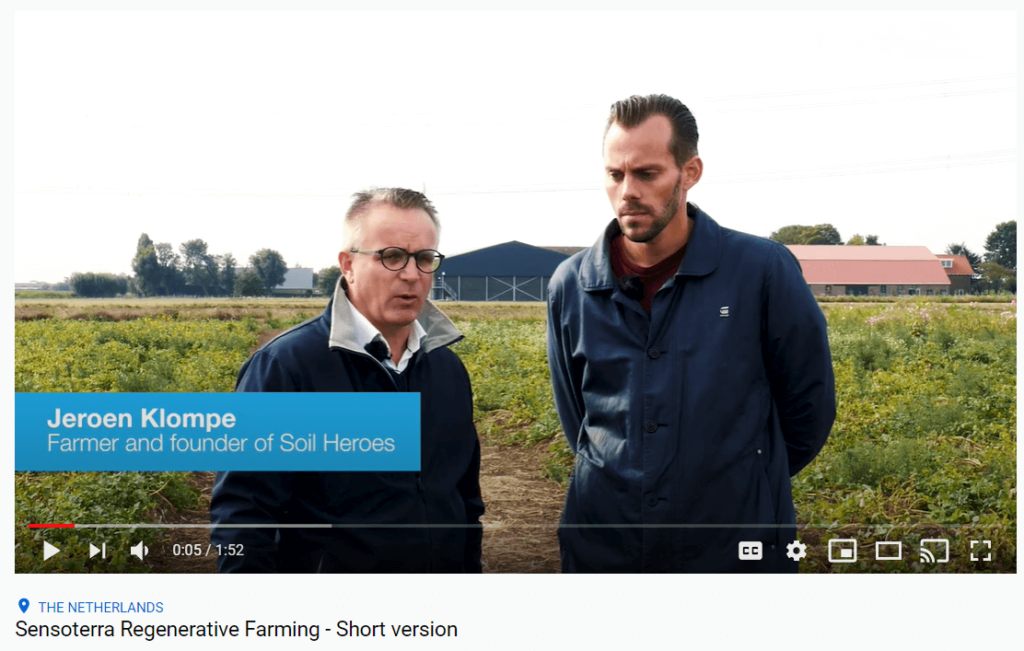
Want to see the full case study? Access our video with Soil Heroes on YouTube: https://www.youtube.com/watch?v=LrzmQWh1sjA
About Soil Heroes
‘A healthy planet starts with healthy soils’. By restoring agricultural lands to their original ecological balance via a monitoring system that scientifically validates the positive effects of regenerative agriculture, Soil Heroes make sure life grows and prospers as nature intended. The Soil Heroes Fairchain Model is the continuous flywheel that will drive this entire regeneration cycle over the Netherlands and worldwide.
About Sensoterra
Sensoterra is a technology startup based in Amsterdam, helping growers in agriculture, landscaping and smart cities since 2014. When working with Sensoterra soil moisture sensors, growers start to respect soil necessity for water, at the active root zone, other than traditional techniques that can cause misinterpretation. Data don’t lie, on the contrary, it reduce under- and over-irrigation problems leading to reduction of fertilizers and pesticides, less pests, healthier roots, healthier plants, optimal yield to scale up and feed bigger populations.
Curious how Sensoterra can help your crop? Read our case studies and send us your question to: [email protected].

